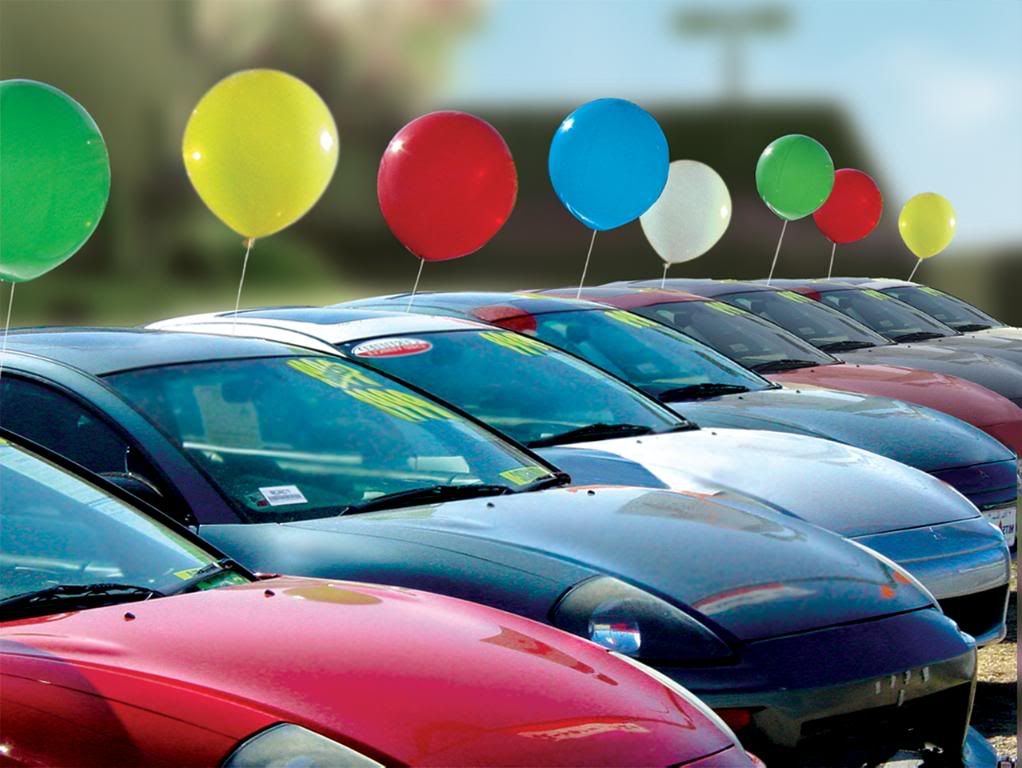
North American turnover for American automobile manufacturers has collapsed. Gas-guzzling SUVs and high-performance sports models are practically unmarketable. The American consumer’s strike has also hit German firms like Porsche full-force. One car able to profit from this crisis is the little Smart car from Daimler.
Domestic sales figures for U.S. automobile manufacturers have taken a hit. Ford sold only 174,091 vehicles in June of this year, a loss of 28 percent compared with the previous year. A sales decline of 54 percent for sport utility vehicles was especially noticeable. Sales of F-Series pickup trucks, Ford’s best selling model domestically, decreased by 40.5 percent to 38,789 vehicles. Ford stock likewise fell by 6.5 percent to $4.50 per share. General Motors, Opel’s parent company, also reported sharply declining sales. GM’s turnover fell nearly 19 percent to about 266,000 vehicles. For economy and mid-size models, however, GM reported sales gains.
Chrysler, Ford and GM have been posting sales losses domestically for years. Their specialties – big cars, pickups, SUVs and luxury models – are becoming less and less in demand. Producers of small, economical cars smell opportunity and companies like Volkswagen and, above all, the Japanese are cashing in.
On Monday, Chrysler announced it was closing a factory near St. Louis because of sales difficulties and persistently high fuel prices. The factory will be closed for an indefinite period at the end of October, according to Chrysler boss Tom LaSorda. About 2,400 jobs will be affected by the closure and there are no current plans to reopen. Chrysler also announced plans to cut one of two shifts at a nearby facility. So far this year, Chrysler reports a decline in domestic sales of nearly 20 percent.
German sports car maker Porsche also had to swallow significant June sales losses in North America. In the USA and Canada for the previous month, Porsche sold 2,810 cars, 19 percent fewer that for the same period in 2007. While sales for their Cayenne only fell about four percent to 1,212 vehicles, sales of the 911 Carrera model fell 40 percent to 753 vehicles. The United States is Porsche’s biggest worldwide market but they are planing on increased sales in China, Russia and the Middle East in the future. BMW also sold considerably fewer vehicles in the United States compared to last year, despite increased demand for their Mini. BMW sold a total of 26,155 vehicles, 11 percent less than the same period last year, according to their Woodcliff Lake, New Jersey factory. Sales figures for BMW models exclusive of the Mini were at 20,944 vehicles, a loss of 17 percent over 2007. Sales of the little Mini, on the other hand, rose some 25 percent to 5,211. Volkswagen and Daimler got off relatively easy. VW sales compared to a year ago remained flat with 23,208 sales for June, a gain of only 0.3 percent over June 2007. While sales of their most important Jetta and Passat models were down slightly, their off-road and convertible models posted sales gains.
U.S. turnover stagnated for Daimler’s core model Mercedes-Benz in June. In total, 19,576 Mercedes-Benz cars were sold, 0.1 percent fewer than the previous year. Thanks to their newly introduced Smart, however, total sales for Daimler rose 12.9 percent to 22,121 vehicles, of which the Smart accounted for 2,545 sales since its introduction in January.
[Translator’s Note: The following survey appeared on the same page as the article above.]
Question: Will your next car be a more economical model?
Results:
Yes – 52%
No – 43%
No, my present car is already an economy model – 5%
Total responses = 969

Leave a Reply
You must be logged in to post a comment.